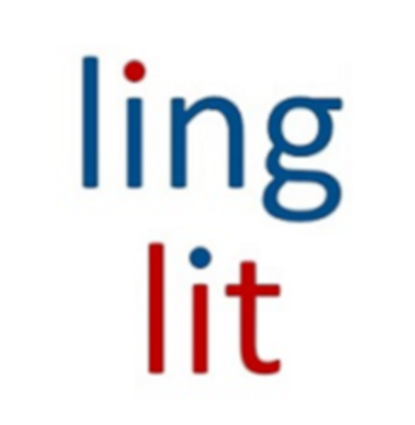The research focus “Digital Humanities” explores properties, structures and developments of language- and text-based products of human culture on the basis of empirical and hermeneutic, algorithmic and digital theories, methods and procedures from the humanities and social sciences. The objects of study in this area include a broad spectrum of linguistically and textually composed, analogue and digitised communicates, such as linguistic corpora, editions and diverse text genres, as well as images and related forms of expression of cultural, scientific-historical and social relevance.
Our current research focuses on linguistic and text-based knowledge tradition as well as on situationally and historically varying forms in knowledge communication and literature, including non-canonised texts and communicates such as personal letters and texts outside the established canon. One focus of our research is on the effects and dynamics of digital methods and procedures as well as the utilisation of qualitative and quantitative methods and algorithmic operationalisations as a further development of research processes in the humanities and social sciences. With our research, we contribute to the formation of theories as well as to the development and teaching of methods and procedures of digital corpus analysis, which are applied in research and teaching of text-based disciplines. Our research also covers current topics in the context of the role of digitality and digitisation for processes of change in science and society.
The lead of this research focus is Prof. Dr. Andrea Rapp.


